Microbiology

New Method to Reveal Bacterial Reaction to Antibiotics in Five Minutes Could Help Create Rapid Molecular Test
Existing approaches to determining antibiotic resistance can involve extensive periods, sometimes hours or even days. Now, a simple method has been developed that can detect bacterial response to antibiotics within just five minutes. More...24 May 2023
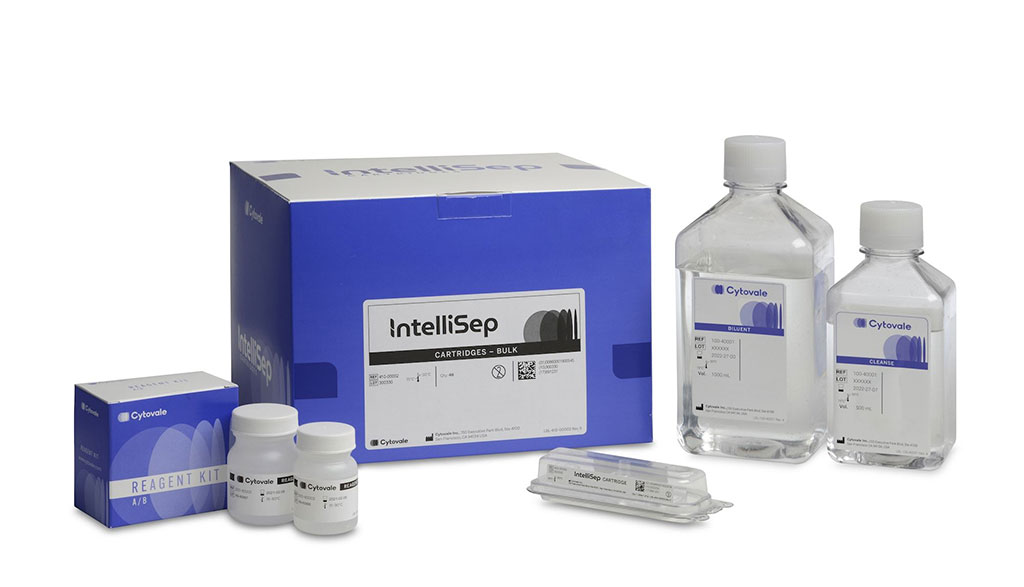
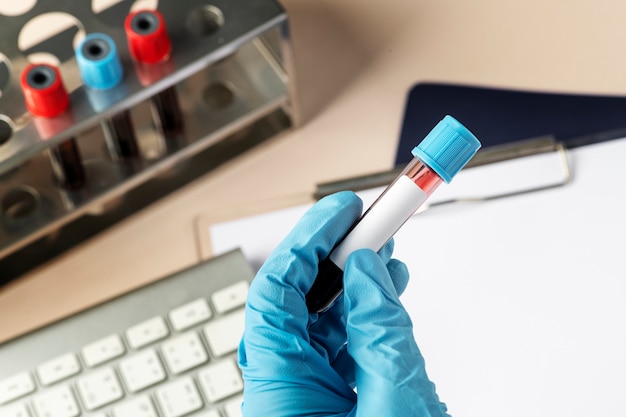
New AACC Procalcitonin Testing Guidance to Improve Care for Patients with Bacterial Infections
The AACC has released expert guidance on procalcitonin testing, a blood marker used to detect severe bacterial infections and sepsis, with the aim of improving testing and treatment practices. More...08 May 2023
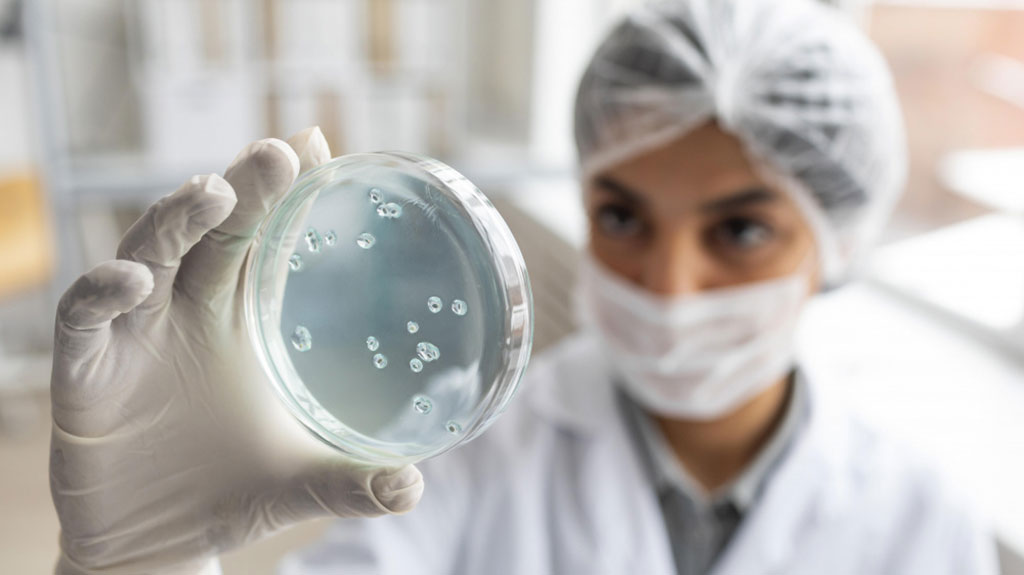
First-of-Its-Kind Infectious Disease Diagnostic Platform to Deliver Rapid Antibiotic Treatment Guidance
A revolutionary phenotypic test platform for infectious diseases has the potential to quickly identify the infection-causing pathogen and offer precise guidance on the most suitable antibiotic for treatment. More...03 May 2023

New Test Reveals Existing Antibiotics Can Cure Superbugs
A new test has revealed that FDA-approved antibiotics, readily available at local pharmacies, can effectively combat superbugs. These antibiotics are not prescribed due to the gold-standard test indicating their inefficacy. More...02 May 2023
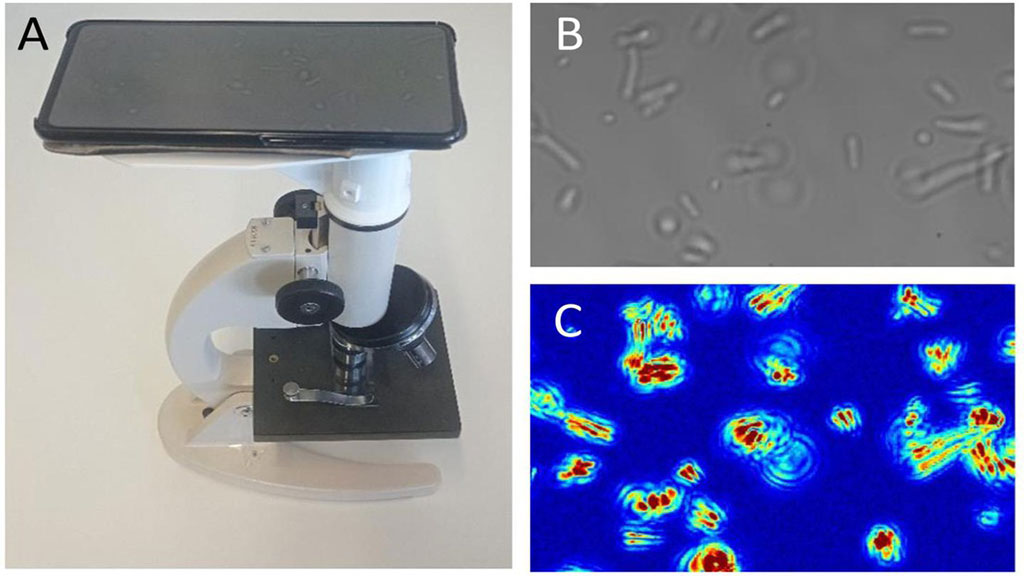
Fast, Cheap, and Easy Testing Method Could Become a Game-Changer in Antibiotic Sensitivity Testing
Researchers have created a rapid, affordable, and accessible method based on optical microscopy that can perform antibiotic sensitivity testing at the single-cell level without needing to attach or label bacteria. More...26 Apr 2023
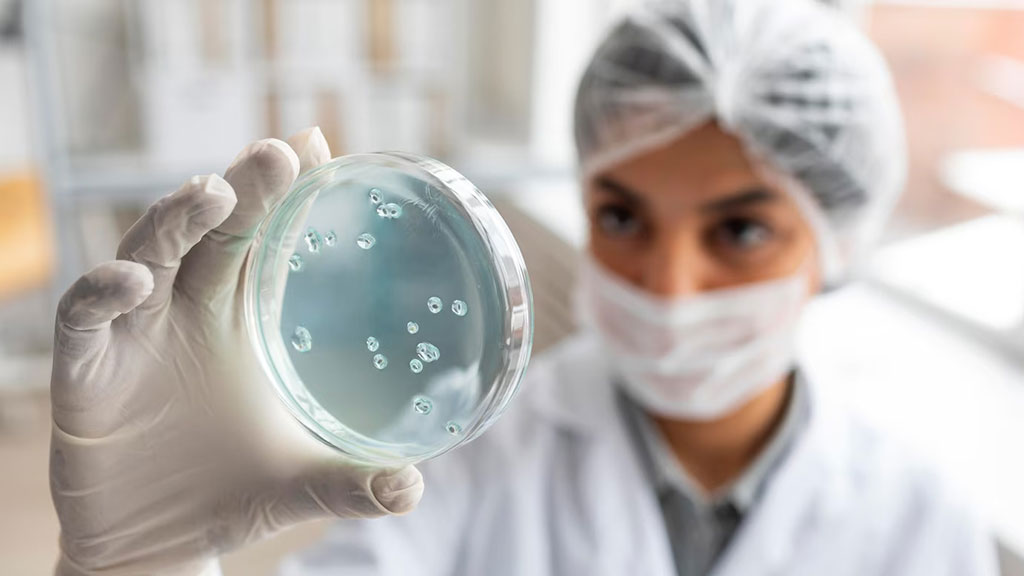
In Other News
Automated Urine Analyzer Offers Fast, Sensitive and Precise AST in Near-Patient Settings
Rapid Molecular Diagnostics Platform Uses Multiplex PCR Technology for Fast Diagnosis of Severe Infectious Diseases
Rapid Metagenomics Diagnoses Antibiotic Resistant Bloodstream Infections 18-42 Hours Faster Than Conventional Tests
Gastrointestinal PCR Assay Offers Rapid, Culture-Free Pathogen Identification
Blood Culture Collection Device Reduces Contamination for Increased Sepsis Testing Accuracy
Sepsis Host-Response PCR Test Enables Early Targeted Therapies
DBS-Based Assay Effective in Hepatitis C Diagnosis and Treatment for At Risk Populations
PCR Panels for Acute GI Infections Can Lower Costs, Hospitalization and Antibiotic Use
Next Gen Human Gut Microbiome Tests Enable Comprehensive Gastrointestinal Testing
Novel Microscopy Technique Comes Closer to Use in Clinical Diagnostics
Laser Light Method Uses AI-Assisted Imaging to Identify Bacteria in Fluids
New Ventless Device Addresses Significant Challenge of Blood Culture Contamination
Breakthrough Test Enables Targeted Antibiotic Therapy for Various Enterobacter Species
Revolutionary Rapid Antibiotic Susceptibility Testing System Outsmarts Bacteria
Fully Automated Robotic Track System Optimizes Space and Streamlines Workflow for Microbiology Labs
Nanopore Sequencing Detect Pathogens in Knee Periprosthetic Joint Infection
Real-Time PCR-Based Serological Diagnosis of Human Granulocytic Anaplasmosis
Blood Test to Separate Bacterial and Viral Infections Could Reduce Antibiotic Overuse
Breath-Based Biomarkers Identified for Tuberculosis Diagnosis
Early Sepsis Recognition Platform Could Identify Pre-Symptomatic Patients at POC Using Culture-Free Diagnostic Test
Infrared Signature for Mobile Phone Detects Malaria
New Infectious Disease Research Panels Detect Over 90 Different Pathogens
Biomarkers Predict Lyme Disease Post-Treatment Prognosis
The LabMedica Microbiology channel provides the latest news in the fields of epidemiology, bacteriology, virology, and parasitology, all viewed from the unique perspective of Laboratory Medicine.










